7 Steps to Eliminating Your Credit Card Debt
Before we dive into the seven steps, I want to start by sharing some facts about Americans and their credit card debt.
According to an article on LendingTree:
The average American’s credit card debt is $7,236.
As of the third quarter of 2023, we as a country owe $1.142 Trillion.
The debt has increased by 26% compared to the pre pandemic high which was set in the fourth quarter of 2019 at $927 Billion.
Credit card debt was only $480 Billion in 1999.
LETS TALK SOLUTIONS
Today, I'd like to talk about the seven steps to help you get out of this potentially overwhelming debt.
#1: ADMITTING YOU HAVE A PROBLEM
The first step of this journey is admitting that it is about to start. Now you could be in debt due a number of different reasons. But at the end of the day what's important now is that you come up with a plan to get yourself out of this debt.
#2: DETERMINE THE AMOUNT OF DEBT YOU HAVE
As you are doing this, you will want to make a list of the following things:
Current amount of debt.
Balance on your cards.
Names of the credit card company’s that you are using.
Minimum monthly payment you have to pay.
This is a simple task which shouldn't take much time, but a lot of people don't do this. Either they don't want to or maybe they're scared to know how much credit card debt they're actually carrying.
You really do need to know this number, so you can get a starting point and start to move forward.
#3: DECIDE WHAT TO PAY OFF FIRST
Now, not all debts are the same. Each credit card company most likely charges you a different interest rate, and some of these interest rates can be over 20%.
The Two Schools of thought are:
Start making payments to the highest interest card first.
Pay of the smallest balance first and build up some momentum (snowball strategy).
At the end of the day, the highest interest option will be financially best for you, but some people really do great with the snowball approach. Once they build up that momentum it’s easier for them to keep it going. However, I would worry less about your strategy and more about getting rid of the debt.
#4: LOWER YOUR ANNUAL PERCENTAGE RATE (APR)
Trying to lower your APR can be especially important if you are carrying a large amount of credit card debt and you're paying a lot in terms of an interest payment.
Basically what you'd want to do is get your credit card or your statement and find the phone number for the credit card company. You would then call them up and let them know that you're in the process of consolidating your debts and you have another card that's offering you a lower interest rate and you want to know if they can offer a better rate.
Now I've done this myself when I was carrying credit card debt right out of school. I’m thankful to have been able to get out of credit card debt years ago. But by calling the credit card companies I was able to lower my interest rates and save myself a bit of money.
Another positive is those interest rates have actually stayed in place, so not only was it good for the debt that I had, but it also made any debt that I might have needed to carry in the future come in at a lower interest rate.
#5: DECIDING HOW YOU ARE GOING TO PAY FOR IT
You will need to figure out how much extra money you can come up with to pay off this debt. Chances are the plan that you have now isn't working so it’s time to try something new.
At this point, you might be thinking about using retirement accounts or a home equity line of credit or maybe doing a balance transfer.
Normally it is not a great idea to use your retirement accounts, in a sense you're kind of robbing Peter to pay for Paul. Normally you want to leave those accounts alone.
A home equity line of credit can be okay. But you want to be careful because a lot of times those interest rates aren't fixed. They can be variable and they can get high themselves.
Not to mention, you're really not solving the problem of how you got into this situation in the first place. More often than not, it is a result of more money going out than is coming in.
Often times it tends not to be best to use other assets to pay off your debt. I think it is more effective to look over your spending and figure out areas that you can cut back on to allow you to free up some more cash.
Here are some ideas you can look into to save more:
Cancel your cable bill and shift to Netflix or YouTube.
Switch car insurance companies.
If you are a two car household, you could go back to one car.
You could also consider getting a part time job or working more hours if you get paid hourly. It will take some real changes but it can really be helpful.
Once you have made some changes, you will need to figure out what you need to be paying each month. You can use an online debt repayment calculator to help in this process.
#6: TAKE ACTION
I've made this sound really easy, right?
In theory it is easy and can be simple, but in reality it can be hard to actually take the steps to make it happen.
Let’s say, your goal is to lose weight and you're trying to get to the gym. Your first week you want to go two or three times a week and for most of us, the hardest part is just getting there. To make this easier, maybe you need to schedule a time to go or create a plan for yourself beforehand. When it comes to paying off debt it can be very similar. You need to make conscious choices on how you will move forward. This shouldn't take you more than a week or two to actually get this plan together.
YOU WILL NEED TO CHANGE YOUR HABITS
Often times, this is the hardest part, because you’ve been living life at a certain pace and now it’s time to change that.
Once, you do pay off your debt. It can be easy to fall back into old ways. But it is important to stay mindful of your spending habits even after you are debt free. That feeling of being debt free is great, and you want to keep it that way.
The last and arguably the most important thing to remember is to not procrastinate or keep pushing things down the road.
You need to take action and start paying off your debt!
If you have a question or topic that you’d like to have considered for a future episode/blog post, you can request it by going to www.retirewithryan.com and clicking on ask a question.
As always, have a great day, a better week, and I look forward to talking with you on the next blog post, podcast, YouTube video, or wherever we have the pleasure of connecting!
Written by Ryan Morrissey
Founder & CEO of Morrissey Wealth Management
Host of the Retire with Ryan Podcast





